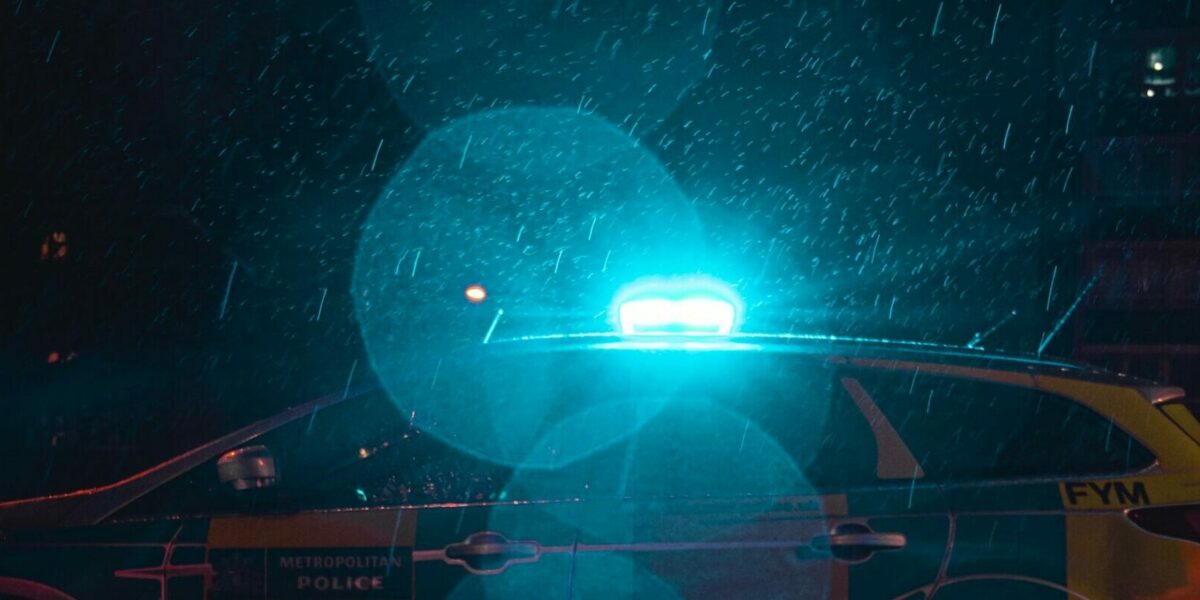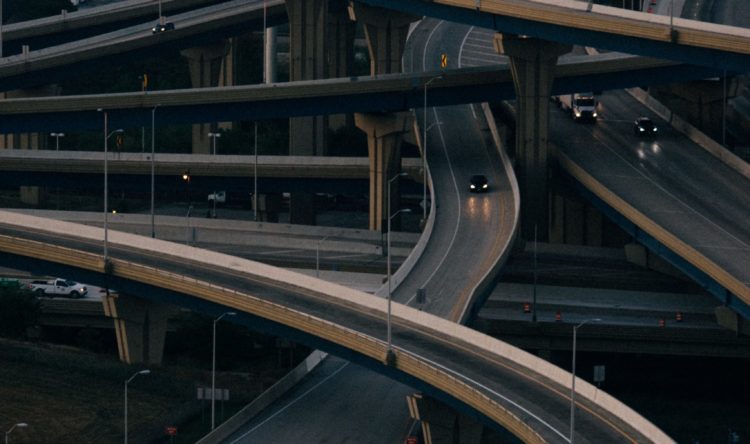No exception to speeding
Leading police officer calls for closing of legal loophole and a change in attitudes
It’s time to cut out the loophole of ‘exceptional hardship’ for those avoiding a driving ban.
That’s the view of leading police officer, Detective Chief Superintendent Andy Cox. As well as being a serving officer for the Metropolitan Police, he is also the national lead for crash investigations.
Points have a price
Cox has called for reforms to the criminal justice system, including the abolition of the “exceptional hardship” defence. This allows drivers with more than 12 points on their licences to continue driving despite the penalties.
He believes that too many drivers are avoiding bans by claiming exceptional hardship when they should be taken off the road.
The exceptional hardship plea is used on the basis that losing the ability to drive would cause them to lose their jobs or mean they would not be able to care for vulnerable people.
Too many excuses
Speaking on BBC Breakfast, Detective Chief Superintendent Andy Cox said: “We need to change our culture around driving, to make sure we get from A to B safely. Everybody knows you need to be safe and sensible on the road. When we pass our test, we know we have to meet standards and we have to stay lawful. If you get 12 points you should lose your licence, and the fact that some people don’t — about one in five [can keep driving while on 12 points] — then that’s not exceptional is it? We should remove that option.”
Twelve and out
The law states that a driver totting up over 12 points on their licence within a three-year period should receive a driving ban automatically. Normally this is expected to be for a duration of at least six months.
However, at the compulsory court appearance, the defendant can put forward a defence of exceptional hardship. With the help of a good legal team, it can often be difficult for the court to ignore the so called mitigating circumstances that may arise from a driving ban.
DCS Cox says that some drivers have then gone on to kill with their cars through dangerous driving. They should have been suspended and disqualified from driving at the time, which would reduce the chances of this happening considerably.
“It has devastating consequences. It’s one example of the system not quite working and not being on the side of the victims and not on the side of lawful, sensible people.”
Think about the facts
The Superintendent believes there is a poor attitude to speeding in the UK. The ‘exceptional hardship’ excuse is just another symptom of this. DCS Cox believes perceptions about speeding need to change.
Speaking on the BBC Breakfast show he said: “Unfortunately, too many people see it as a badge of honour if they go to a speed awareness course. I think we really need to understand that speeding needs to move into the same category as drink driving, as something that’s socially unacceptable.
“We need to challenge drivers not to speed. If you’re in a car with a speeding driver, challenge that person, because we see the consequences of the life-long devastation for families up and down the country, and it doesn’t have to be like that.”
Talk the talk
As well as this type of loophole in the legal system, he also believes there needs to be a more fundamental change in language around serious offences.
“Somebody that chooses to be dangerous or reckless — we should see the crime in that, and the choice that they’ve made, rather than referring to is it as just an accident or seeing it as a traffic offence. It’s not, it’s a road crime that has devastating consequences, and it kills. We need to see people that commit that crime in the way they should be seen.”
Just last year (2022), the government increased the maximum custodial sentence if convicted of causing death by dangerous driving to life imprisonment. At the same time, driving bans have been extended from two to five years. However, no offender has yet been handed down these more severe penalties.





